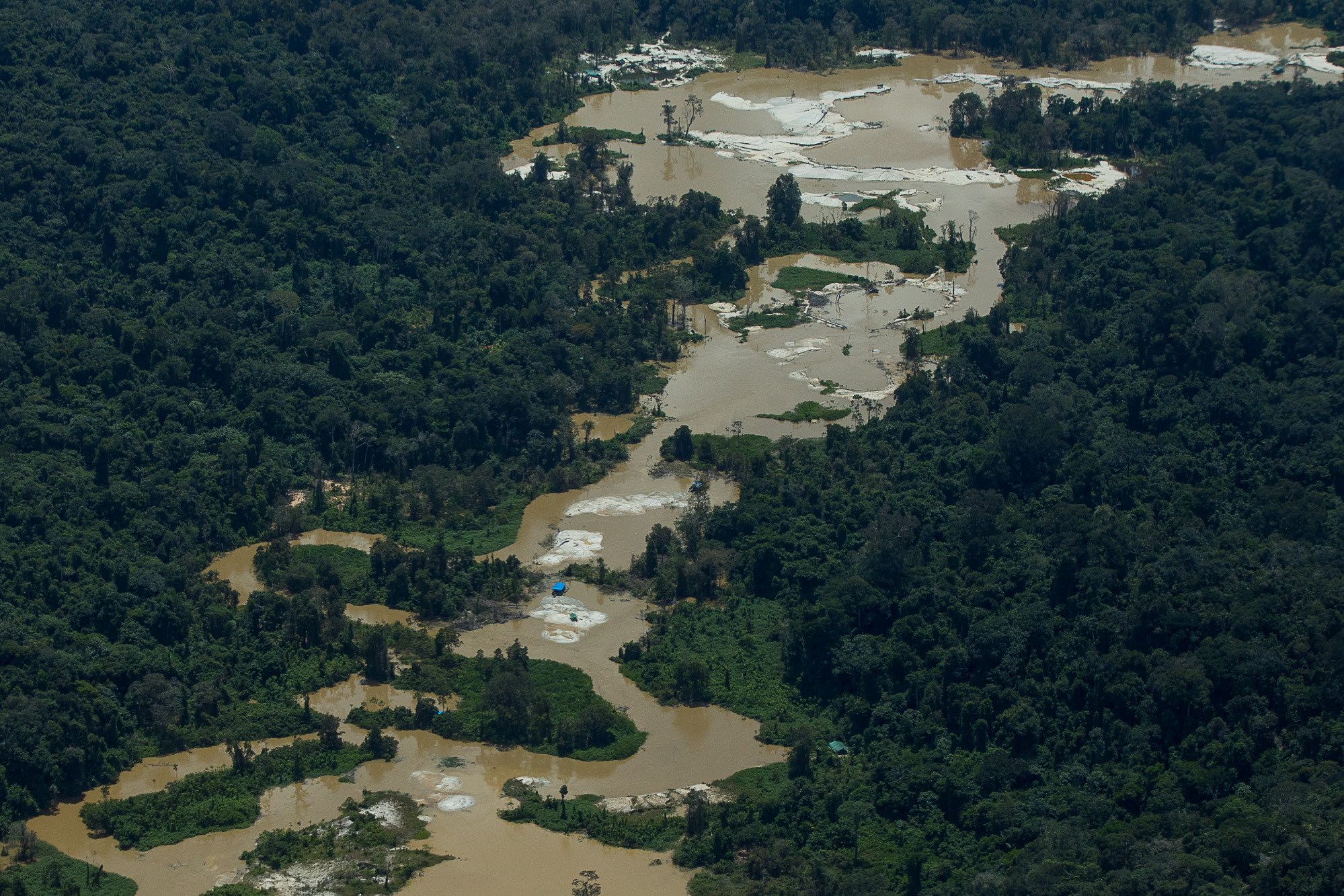
Collapse of the Amazon Basin Ecosystem: A Death Foretold
If deforestation continues to rise, forest ecosystems — so vital for conserving biodiversity, replenishing water, and maintaining atmospheric balance, as well as being the ancestral home of thousands of Indigenous peoples — are doomed.
by María Cecilia Chacón
The loss of tropical forests is reaching record levels every year. In 2024 alone, 6.7 million hectares disappeared — the equivalent of 18 soccer fields per minute, according to Global Forest Watch.
Brazil and Bolivia are among the countries leading the destruction of the Amazon forest, a living system that moves more than 15 percent of the planet’s freshwater. The absence of decisive governmental action — made clear in Belém — is pushing the Amazon dangerously close to a point of no return. Just as the collapse of polar ice sheets or the extinction of coral reefs marks planetary tipping points, so does the collapse of the forests.
Forest ecosystems are essential for biodiversity conservation, water regeneration, and the maintenance of atmospheric balance. They are also home to millions of Indigenous people, who seem condemned to the same fate if deforestation continues at its current pace.
The initiatives led by local communities and Indigenous peoples who safeguard the forests are not enough on their own. State support is essential — particularly to confront illegal economies that operate with armed groups in their territories, and to ensure the enforcement of national protection policies.
Recent research shows that public policies can significantly reduce forest loss if rigorously implemented. Yet when states adopt stricter measures, private investors often challenge them using treaties or investment-protection clauses that are grossly unfair and disconnected from reality. This issue has been highlighted in the Baku-to-Belém Roadmap, as well as in the goal of mobilizing 1.3 trillion dollars annually by 2035. Despite international commitments, financial support for conservation remains far from sufficient, and at COP30 national authorities show no clear signs of political will.
Brazil has been developing the Tropical Forest Forever Facility (TFFF) as a new instrument to finance forest conservation, launching it at the Climate Change Conference (COP30). In simple terms, the TFFF is a financial mechanism designed to provide annual payments to tropical forest countries for conservation efforts, through the creation of the Tropical Forest Investment Fund (TFIF). The mechanism depends on public and private sponsors to build a seed fund of 25 billion dollars; so far, Brazil has secured 5 billion.
Supporters argue that the TFFF is a positive Global South initiative to address deforestation with a focus on national outcomes (Greenpeace, 2025). But critical voices, such as the Global Forest Coalition (2025), contend that the TFFF is a product of “green capitalism” and fundamentally question the monetization of environmental functions. More than 150 organizations have expressed opposition to the mechanism.
Another key concern is that the fund breaks with the logic of Articles 4.3 and 4.4 of the United Nations Framework Convention on Climate Change, as it does not require developed countries to provide financing, technology, or support for mitigation and adaptation in developing nations. Yet participating developed countries would receive returns on the money they invest in the seed fund. Furthermore, the TFFF risks penalizing vulnerable local communities and weaker governments rather than the powerful actors responsible for deforestation. The proposed penalty ratio (1 hectare lost = a fine equivalent to 100 hectares) could disproportionately impact poorer countries without addressing the structural causes of deforestation.
The collapse of the Amazon will not be the result of chance, but of political and economic decisions made with full awareness. Without a profound transformation in how conservation policies are conceived and financed, new mechanisms like the TFFF will only mask a model that continues to subordinate nature to the market. The forest does not need more bonds or promises — it needs political will, climate justice, and real respect for those who defend it every day.




